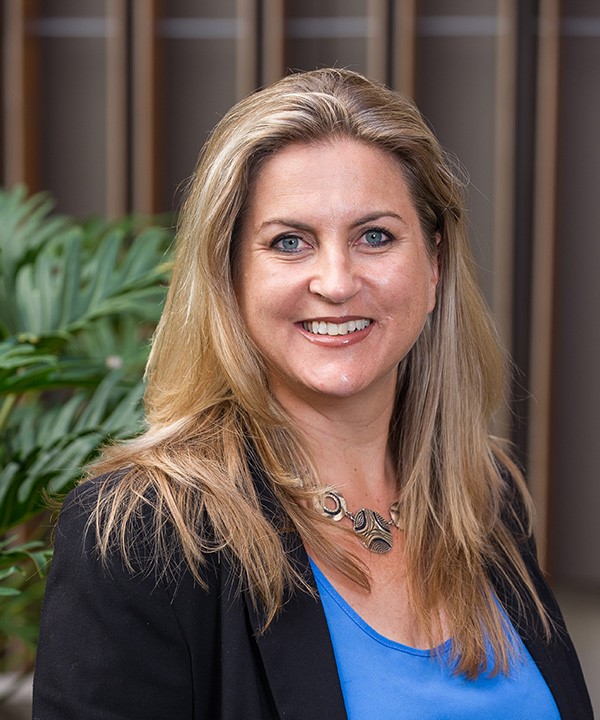Australians are keen to travel close to home when COVID-19 restrictions are lifted, with new national data revealing positive signs for the domestic tourism industry.
Key points
- More than 50 per cent of Australians want to travel domestically when restrictions lift
- The number one motivator cited for travelling is the need to support Australian tourism
- Popular destinations include coastal, country and regional areas – with cities being the least appealing
- 50 per cent said they will drive to their destination, rather than fly or take public transport
- Future travellers will be more aware of hygiene standards
University of Queensland Business School researcher Associate Professor Gabby Walters said more than half those surveyed wanted to travel, and many had already started researching their next holiday.
“They’re searching for accommodation options and destination-related information that includes attractions and local restaurants and cafes, so they are ready to take their next trip once they’re able to do so,” she said.
“Australia’s tourism industry has been heavily impacted, and the number one motivator for future travel was to support the economy and tourism sector.

“This news that many Aussies are looking to travel locally as soon as they can is great for tourism operators, sector workers and the industry as a whole.”
The study of 528 Australians revealed coastal destinations were the most popular, followed by country and regional destinations.
Cities were the least appealing destination for future travel – and half of the travellers stated they would prefer to drive to their destination.
“Older Australians are feeling less cooped-up and less eager to travel as opposed to millennials who voiced the need for a change of scenery or to escape the confines of home,” she said.
Dr Walters said the data showed that tourism providers should actively communicate with their current and prospective customers, maintain a strong online presence and be available to take enquiries should they come in.
With the current restrictions in place, more than 80 per cent of those surveyed believed that it was not yet safe to travel within Australia and that capital cities held the greatest risk, while 62 per cent believed that travelling domestically was just as risky as travelling overseas.
“This current sentiment is indicative of the effectiveness of the messaging Australians are being exposed to via the government and mainstream media – the stay home message is clearly getting through.”
Dr Walters said the tourism industry also needed to be aware that the pandemic had changed tourists’ travel behaviours and this will mean that tourism may look slightly different once the restrictions are lifted.
“Our data showed that tourists care more about hygiene standards – in accommodation, airlines, public transport, public facilities and recreational sites – than they did prior to the coronavirus,” she said.
Courses to support the community
UQ Business School has partnered with global platform edX to offer three online certified courses for A$8 that can help tourism operators and businesses develop new skills to help build resilence, disaster recovery strategies and innovation.
To find out more about Tourism and Travel Management, Design Thinking and Creativity for Innovation, and Leading High Performing Teams, visit the UQ Business School website.
MEDIA: Emma Pryor, UQ Communications, e.pryor@business.uq.edu.au, 0421 772 888, 07 3346 4506.



